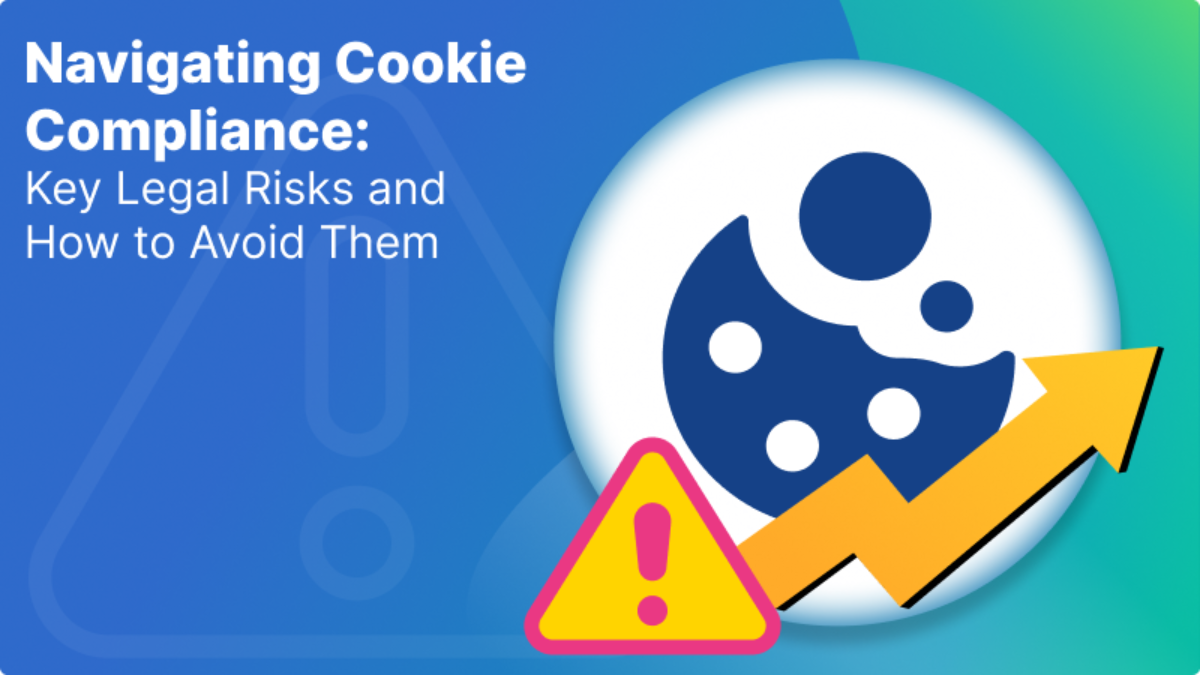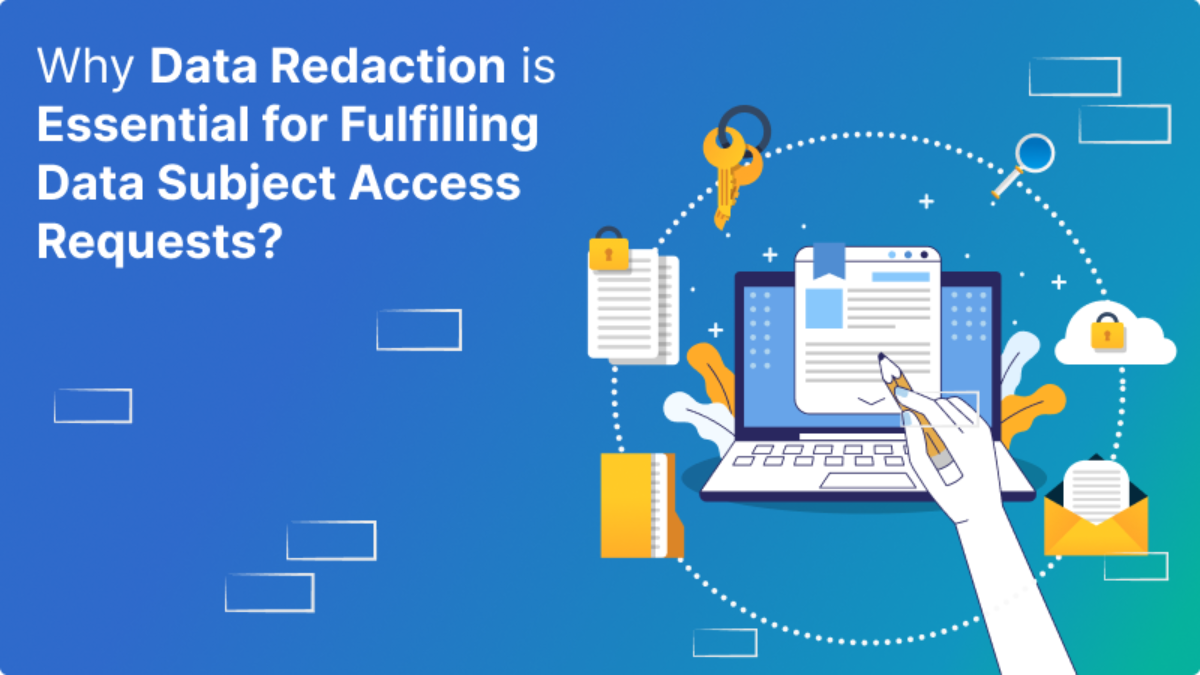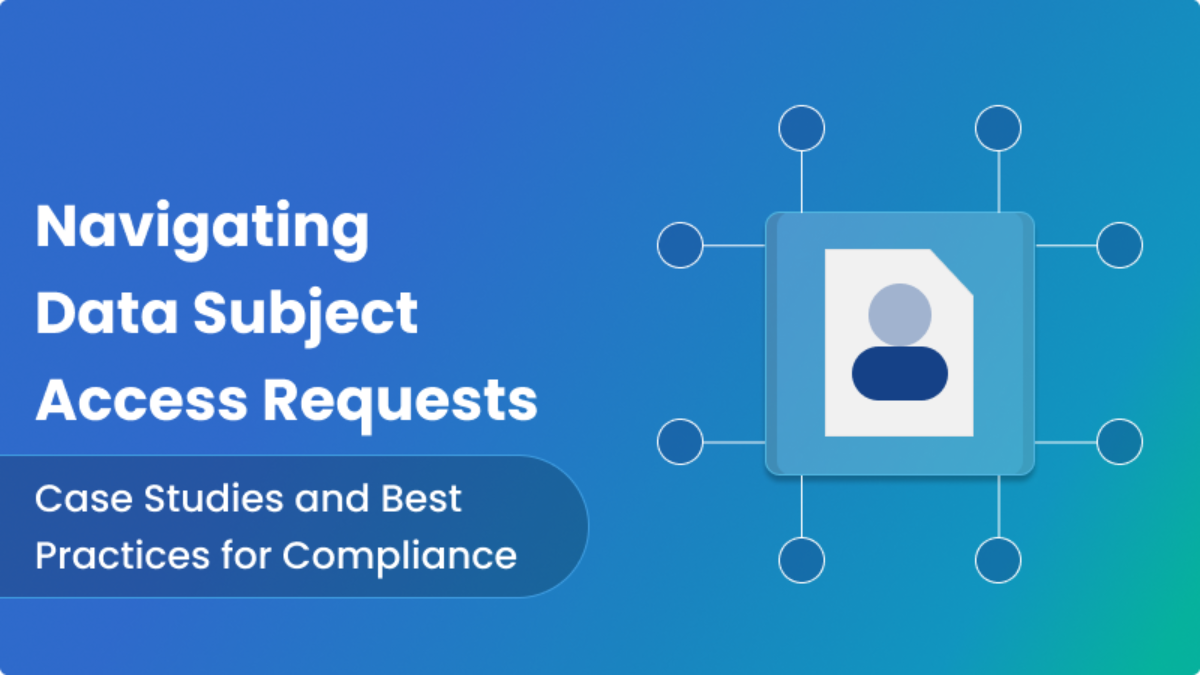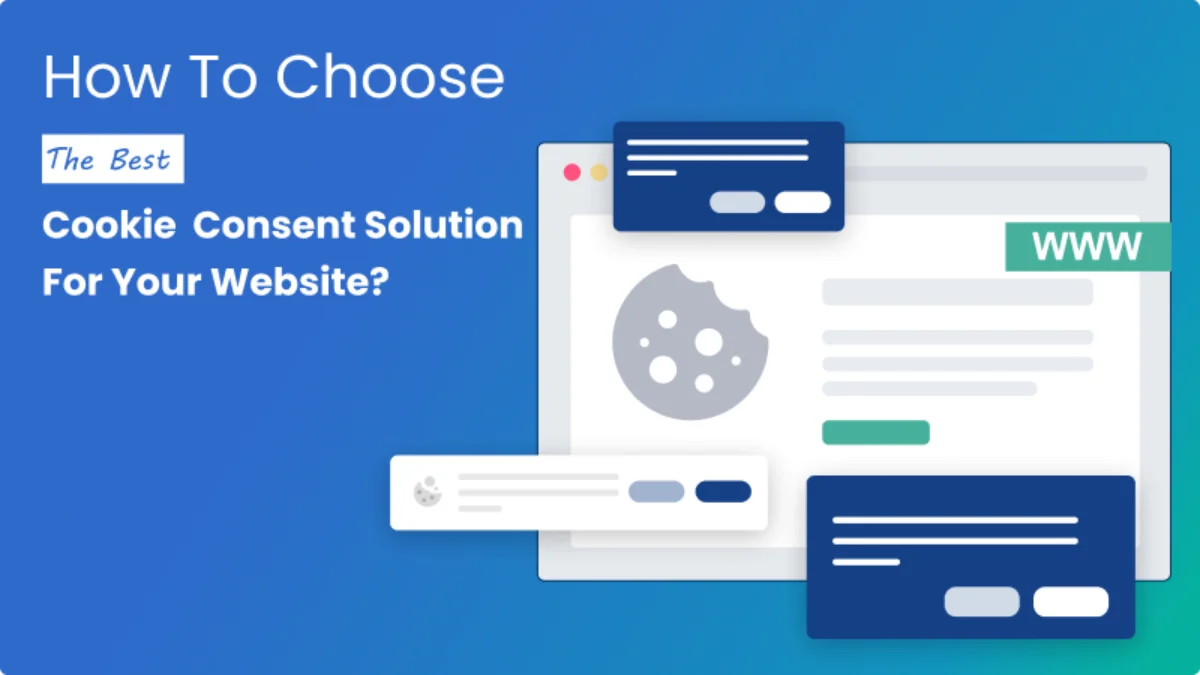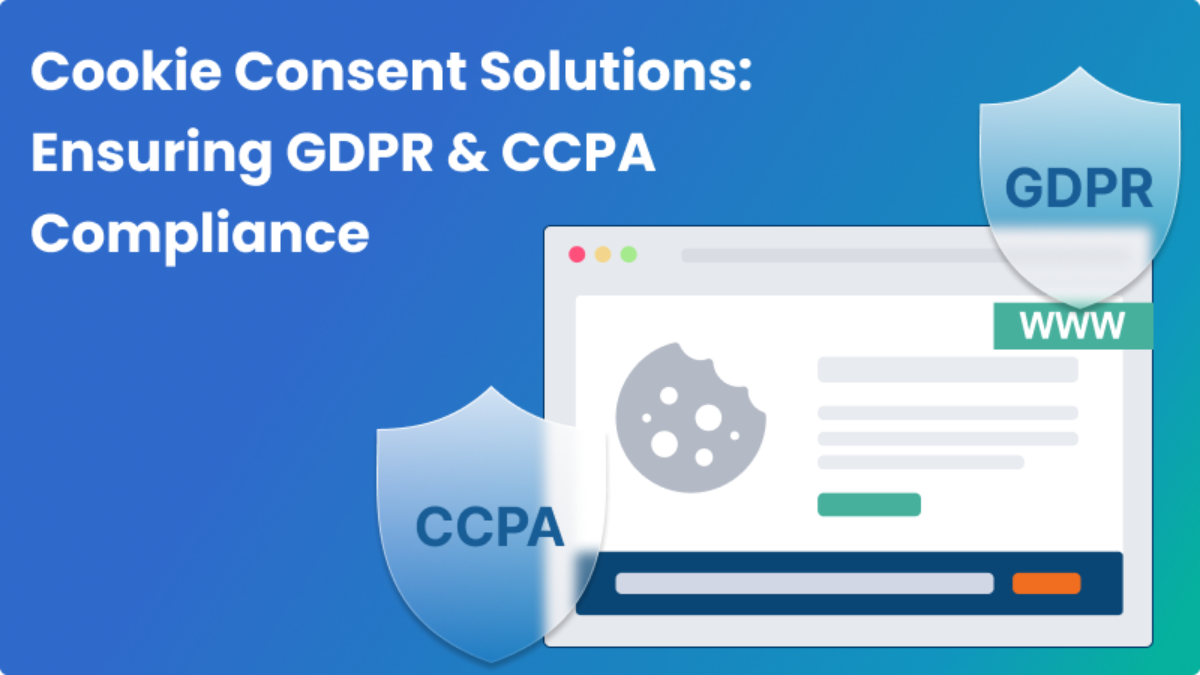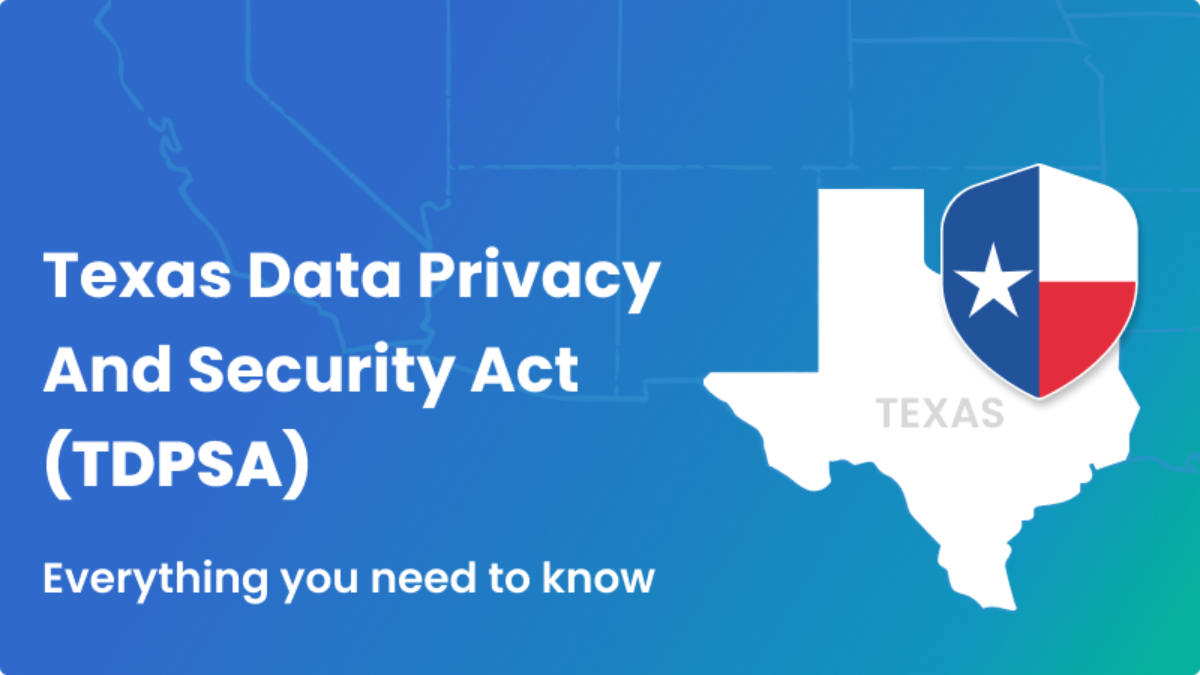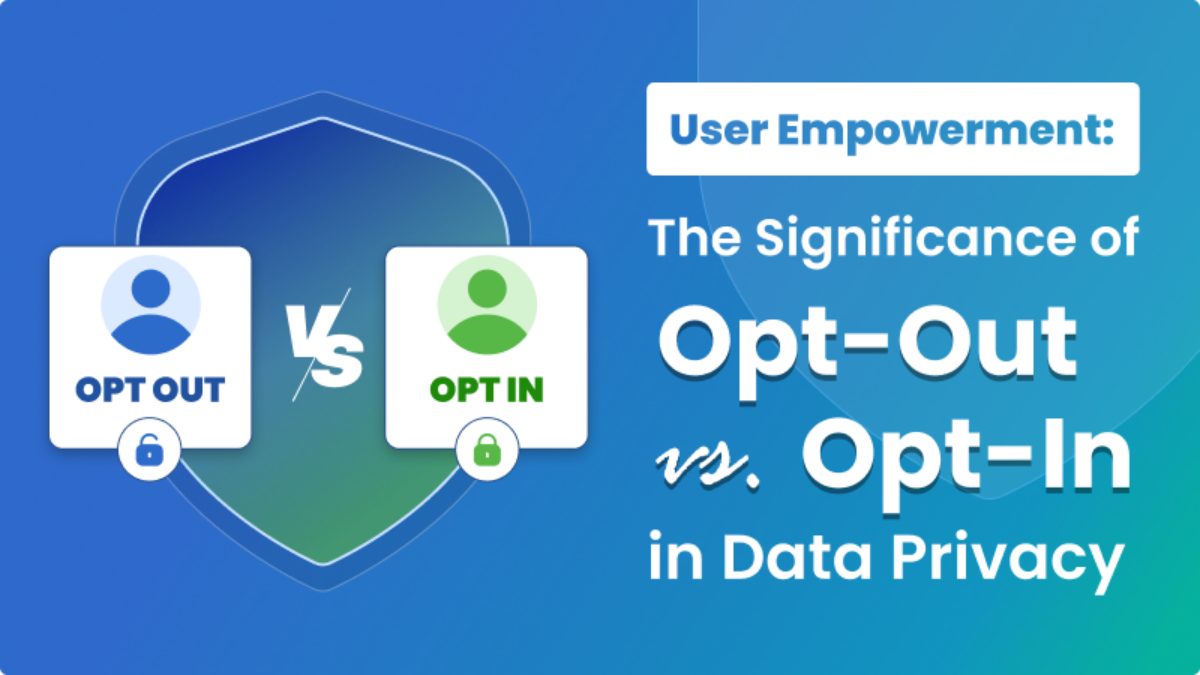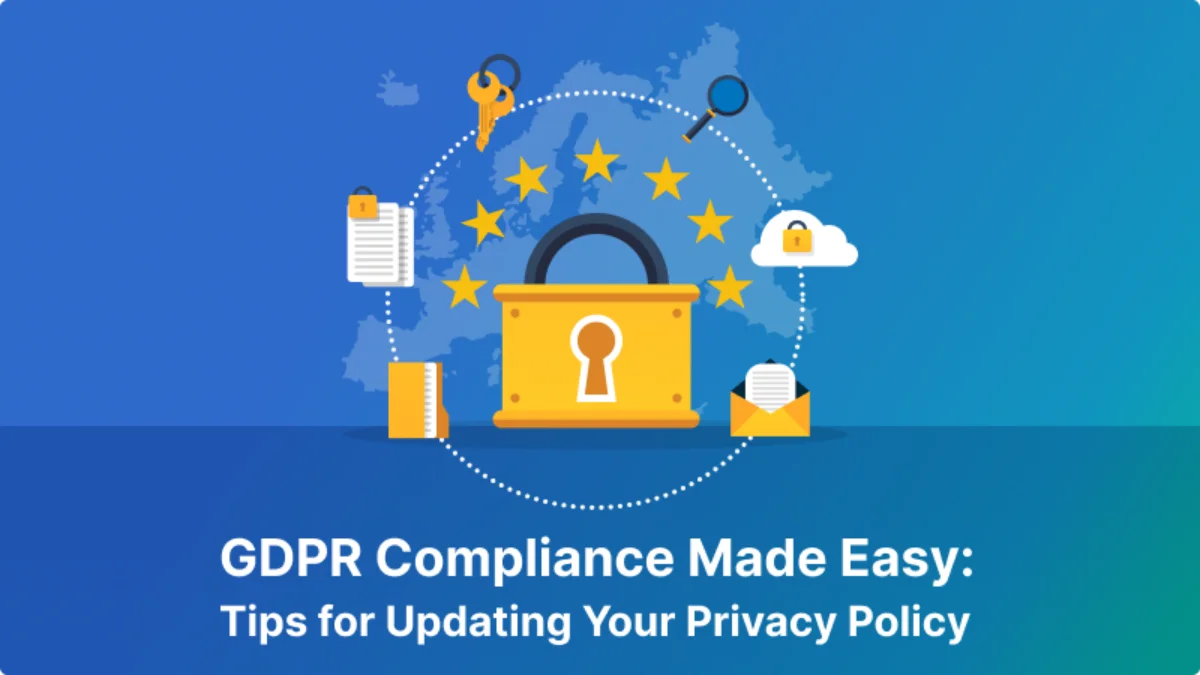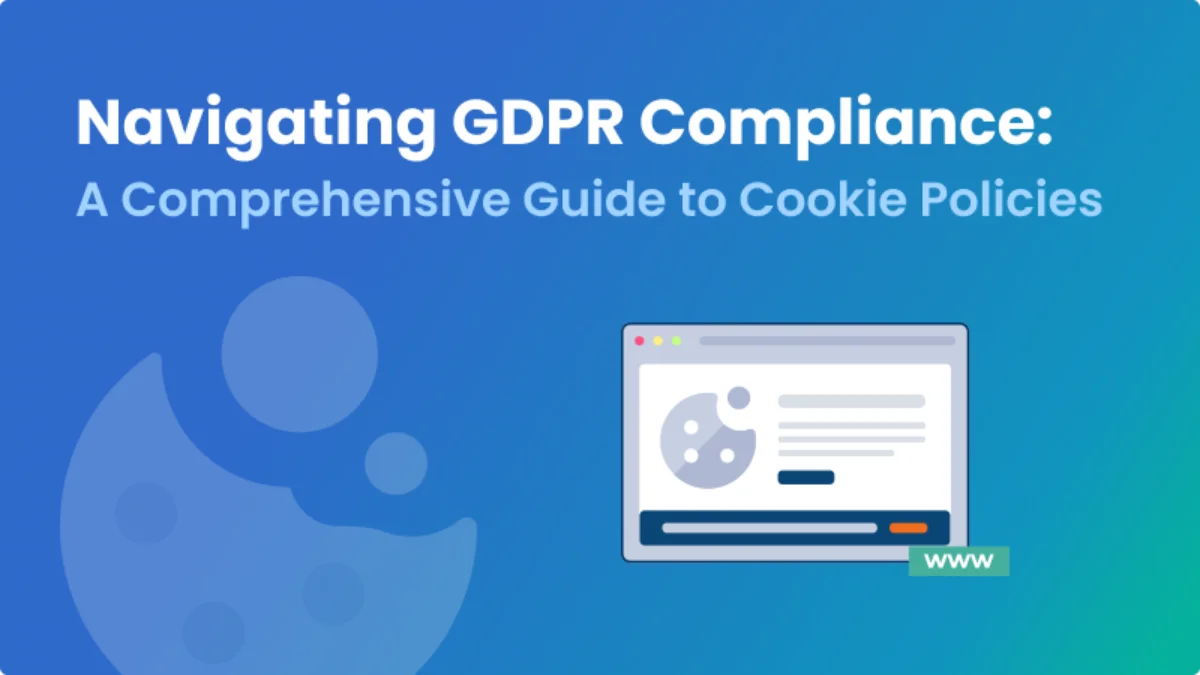Automated vs. Manual: Why Your Business Needs Data Privacy Compliance Automation Software

Need For Data Privacy Compliance Automation
In today’s digital age, data privacy has become a paramount concern for businesses of all sizes and industries. With an increasing number of data breaches and privacy regulations, such as GDPR and CCPA, it’s crucial for organizations to prioritize data protection and compliance. One of the key decisions businesses must make is whether to handle data privacy compliance manually or leverage software. In this blog post, we’ll explore the benefits of using privacy management software and why it’s a must for your business.
Understanding the Complexity of Managing Regulatory Compliance
Privacy management involves a multitude of tasks, including data mapping, consent management, breach reporting, and keeping up with evolving regulations. Manually managing these tasks can be time-consuming, error-prone, and resource-intensive. Here’s why it’s challenging:
- Complexity of Regulations: Privacy regulations are intricate and can vary depending on your location and the industries you serve. Keeping up with these regulations is a continuous challenge.
- Data Volume: Businesses are handling larger volumes of data than ever before. This makes it harder to track, manage, and protect sensitive information without the right tools.
- Human Error: Manually handling compliance tasks increases the risk of errors, which can result in costly fines and reputation damage.
- Resource Drain: Complying with data privacy regulations can require a significant allocation of time and resources, taking employees away from other critical tasks.
The Solution: Data Privacy Compliance Automation Software
It offers a streamlined and efficient solution to these challenges. Here are compelling reasons why your business needs data privacy automation to be compliant:
- Accuracy and Consistency: Ensures that compliance processes are executed consistently and accurately. This reduces the likelihood of costly errors that can lead to regulatory fines.
- Increased Efficiency: Automation tools can process and analyze large volumes of data much faster than humans. This means your organization can save valuable time and resources.
- Real-time Updates: Automated compliance software typically receives regular updates to stay in sync with the latest regulations. This means you’ll always be up-to-date without manual research.
- Data Mapping and Inventory: Tools can automatically identify and classify sensitive data, making it easier to create and maintain data inventories, a crucial requirement for many regulations.
- Consent Management: Automation software can help manage and track consent forms and opt-outs efficiently, ensuring your organization respects individuals’ privacy preferences.
- Manage data subject requests: Individuals have the right to access, correct, delete, and port their personal data. Privacy management software can help organizations manage these requests in a timely and efficient manner.
- Track compliance: Automated software can help organizations to track their compliance with regulations. This can be done by generating reports, monitoring for changes to regulations, and providing alerts when there are potential compliance issues.
- Scalability: As your business grows, so does your data. Automation software scales with your organization, accommodating increased data volumes and compliance demands.
- Cost Savings: While there is an initial investment in automation, the long-term cost savings in terms of efficiency and reduced compliance risks can be substantial.
- Competitive Advantage: Showcasing strong adherence to data privacy program standards can provide a competitive edge, drawing in customers who value their privacy and reinforcing trust in your brand.
Conclusion
Data privacy compliance is not a one-time effort; it’s an ongoing process that requires constant attention. Given the complexity of regulations, the volume of data, and the potential risks of non-compliance, investing in software is a wise decision for any business.
By leveraging privacy automation, you not only ensure compliance but also enhance efficiency, accuracy, and security. Moreover, it positions your organization as a responsible steward of customer data, strengthening trust and competitiveness in an increasingly data-conscious world. Embrace automation to stay ahead in the game and reduce the cost of compliance.

